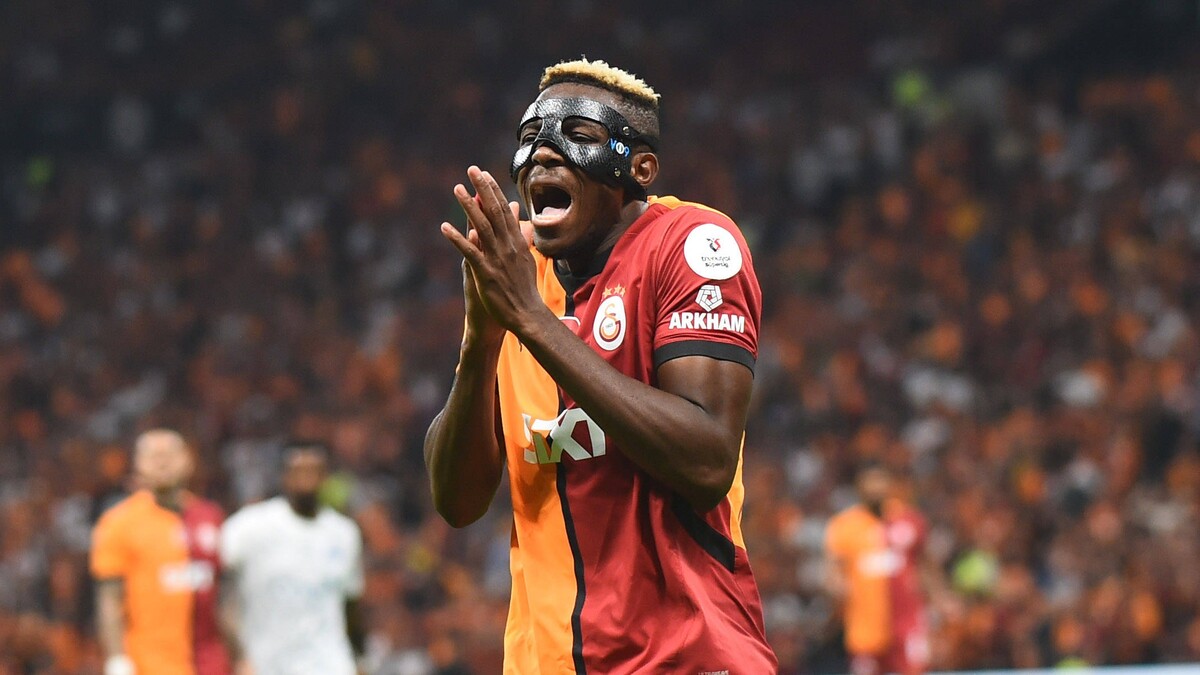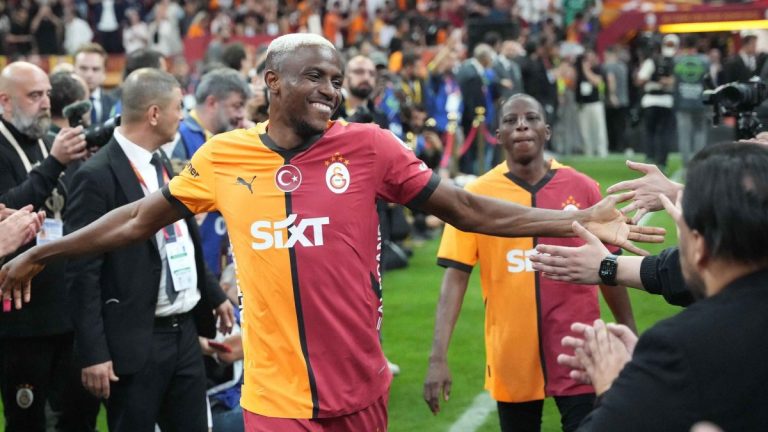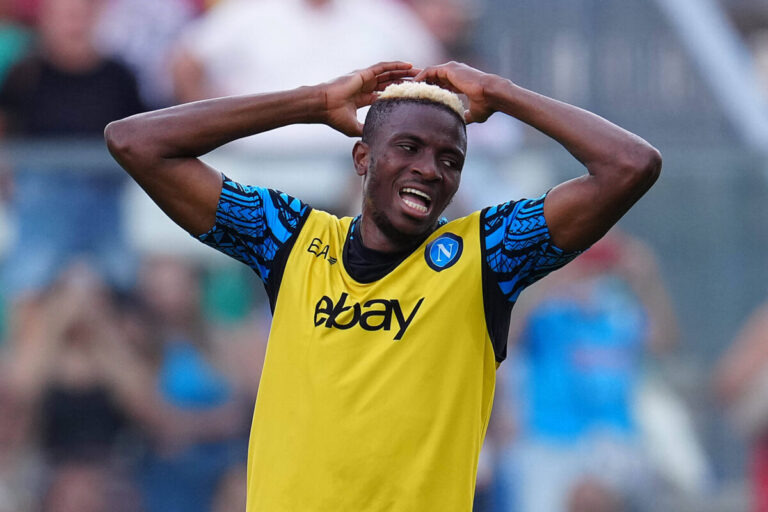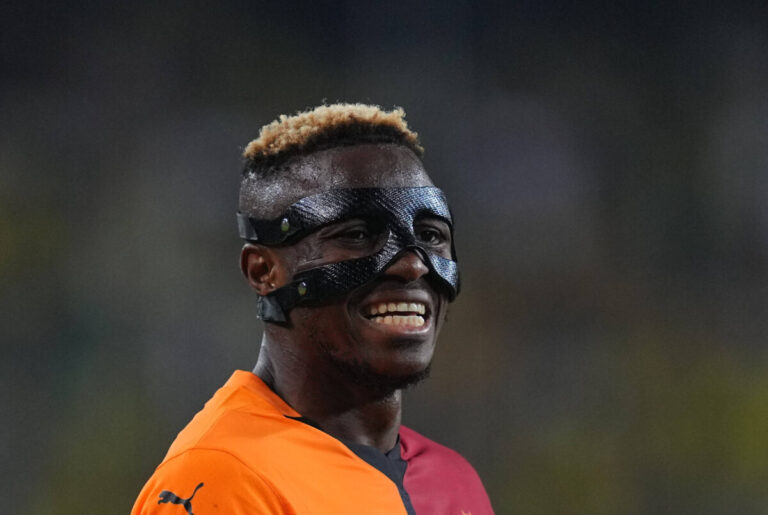Victor Osimhen’s loan move to Galatasaray from Napoli in September has proven transformative for the Turkish club.
The Nigerian forward’s blistering form—nine goals and five assists in just 12 matches—has delighted fans and validated the club’s decision to pair him with Mauro Icardi, their established talisman.
However, with Icardi sidelined by a devastating anterior cruciate ligament injury, Osimhen’s performances have taken a curious turn, raising questions about his apparent struggles without the Argentine.
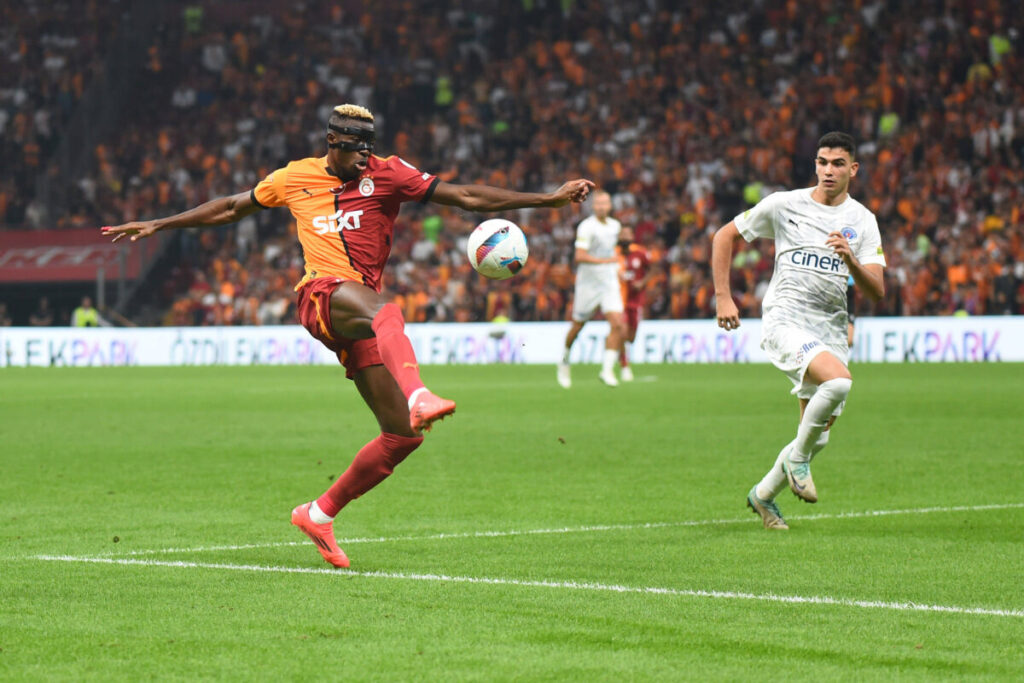
A dynamic partnership
Before Icardi’s injury on November 7, the duo shared the pitch in four games, creating a formidable partnership. Osimhen scored five goals in these matches compared to Icardi’s two, but their collective impact was most evident in the thrilling 3-3 draw against Kasimpasa, where both players found the net.
Icardi’s presence not only provided an additional goal threat but also allowed the on-loan Napoli man to exploit spaces created by the Argentine’s intelligent movement and offensive magnetism.
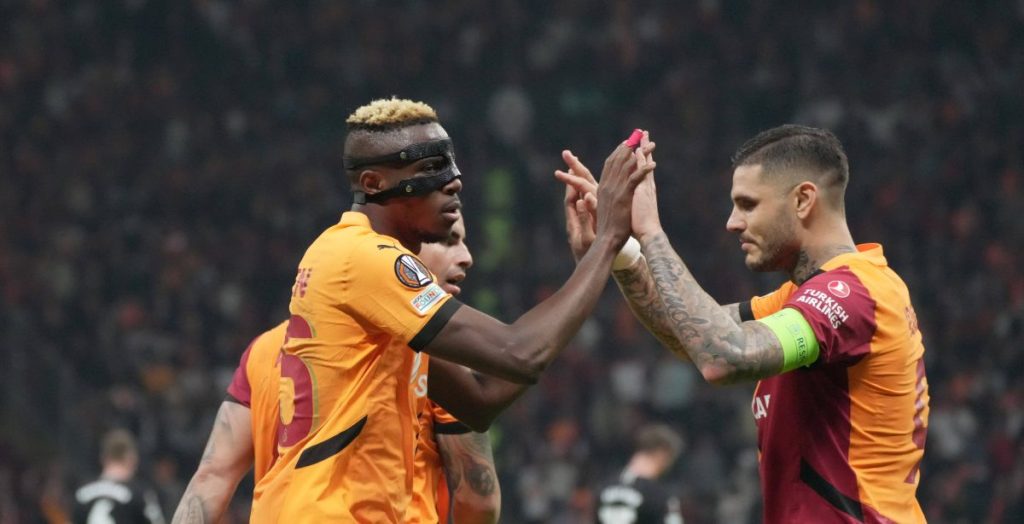
Reflecting on their synergy, the 25-year-old remarked, “Icardi and I understand each other very well. We work together in training. It is very difficult for any defence to block us.
“If they block me, he goes out; if they block him, I go out. They cannot stop us.”
Post-Icardi adjustments
Since Icardi’s injury, Osimhen has managed four goals in five appearances, a respectable tally, but his efficiency in front of goal has noticeably declined.
While in his last three games, his expected goals (xG) tallies highlight a steady supply of scoring opportunities, he has missed a total of seven big chances across these matches, a stark contrast to his clinical finishing when paired with Icardi.
One explanation could be the evolving strike partnerships. Osimhen has played alongside Michy Batshuayi, Dries Mertens, and Yunus Akgun in recent games, each offering a different style but none replicating Icardi’s ability to draw defenders and create space.
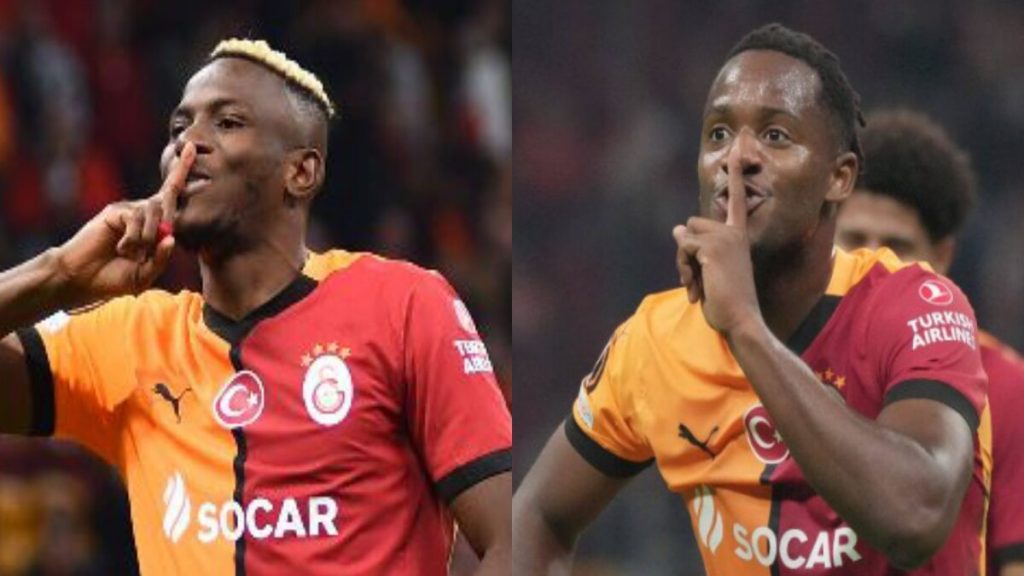
This constant rotation may have disrupted his rhythm, forcing him to adapt to new dynamics.
As former Besiktas midfielder Sinan Engin pointed out, “Victor Osimhen is the only one left in Galatasaray after Mauro Icardi, he can't get along with Michy Batshuayi.
“Mauro Icardi was the right partner for Osimhen. Icardi knows how to play. They are chances for each other. Now, to bring the ball to Osimhen, you will either put Mertens next to Osimhen or make the midfield crowded.”
Engin’s comments shed light on the key difference between Icardi and his replacements—while Icardi complemented Osimhen’s style, the current partnership(s) dynamics seem to be lacking the same fluidity.
Osimhen struggling with the pressure?
Galatasaray manager Okan Buruk’s preference for a 4-4-2 system has remained consistent, but the absence of Icardi has altered the functionality of the formation. With Icardi, Osimhen thrived as the more mobile forward, capitalising on Icardi’s hold-up play and ability to pin defenders.
Without him, the towering forward often finds himself marked more tightly, shouldering greater responsibility as the primary target man.
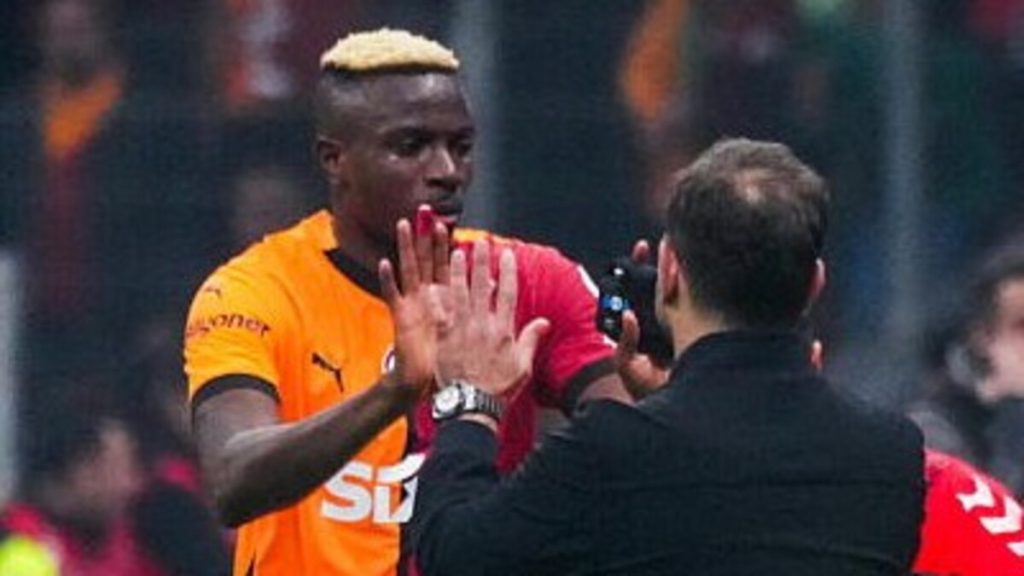
This shift appears to have impacted his decision-making and confidence. His rising tally of missed big chances—three in each of his last two matches—suggests that the pressure to lead the attack might be affecting his composure.
The narrative of rivalry between Osimhen and Icardi has always intrigued fans, but the numbers tell a different story: The Nigerian thrives when playing alongside the Argentine.
Reflecting on the impact of Icardi’s absence, Buruk explained: “Icardi’s injury upset us psychologically. We looked for him on the field. His value is more apparent when players are not on the field.
“The Osimhen-Icardi duo did great things. Icardi will hopefully return very strong next year.”
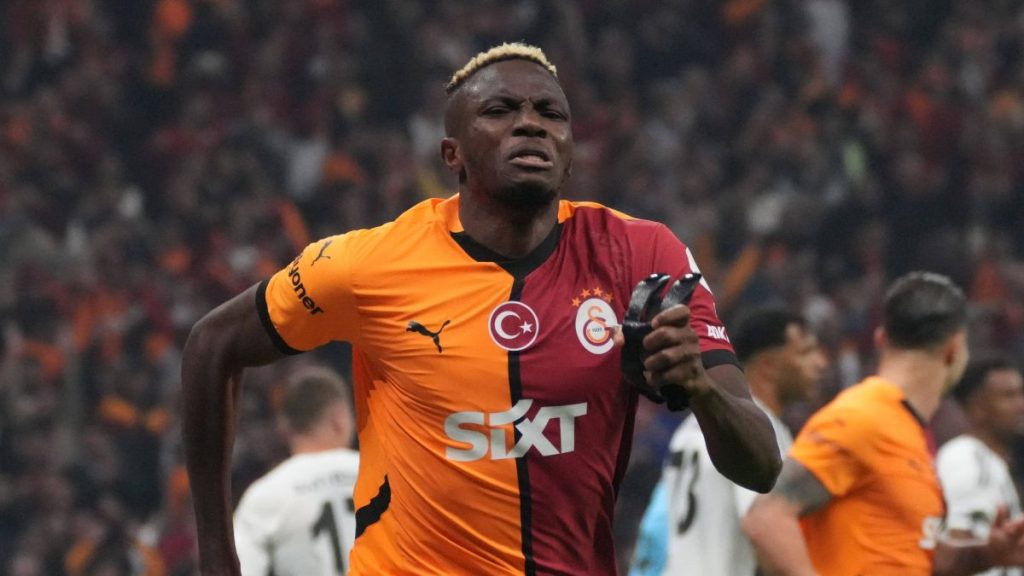
As the Super Eagles forward continues to carry Galatasaray’s attacking hopes, the onus is on him to rediscover his clinical edge.
His recent struggles may highlight the value of his partnership with Icardi, but they also underline his potential to rise to the occasion when the team needs him most.
For now, the question remains: can Osimhen adjust and thrive without Icardi, or is the Argentine’s influence irreplaceable? Only time—and goals—will tell.

